Hello from Key West, where I’m taking a few days off from a hectic summer. No to-do lists. No work!
And, lucky for me, some hilarious serendipitous reading:
At our local Salvation Army I stumbled on an oral biography Live From New York: The Complete, Uncensored History of Saturday Night Live as Told by Its Stars, Writers, and Guests (1976 - 2002). How young and eager and brave these comedians were! (Eddie Murphy was barely 20 years old when he was discovered.) How patient they had to be, and yet at the same time, how persistent and true to themselves.
I love the “hustle energy” embodied in these stories. At NBC, there was constant tension between creating something fresh and meaningful, and the commercial realities of producers, censors and heads of network. This is life in the Arts. A constant push and pull.
Given the reality of this tension, as a creative myself I always return to one simple question: What is my goal? It’s going to be different for everyone.
For me, it’s this: finding that sweet spot between following my instincts/ passions/ obsessions while accepting that I’m creating a product to be consumed. That’s the stage I’m at now with editing my next novel: looking to find that sweet spot.
What is my goal, as writer? It’s going to be different for everyone.
I’ve got the plot and characters down. I’ve built my world, my themes are clear to me—and now I need to trim the fat. It’s a little scary of course (all that work crafting those beautiful sentences!) but also hugely satisfying.
Here’s an example from the beginning of my book. Not much is happening yet but there’s a mounting sense of tension (and a soft intro to the underlying themes of change/ growth/ culture clash):
I cut 16 words in two short paragraphs. I’m painstakingly looking at every single sentence, cutting anything that isn’t absolutely necessary.
Why do writers do this? Partially because it’s easier to sell a book that conforms to expectations of word count in its particular genre. A 96K fantasy novel is relatively short, for example, while a 96K upmarket novel (literary & commercial) is relatively long.
But mainly we trim viciously because we know that long novels can sag under the weight of those extraneous words. All that extra “stuff” muddies the waters, buries the themes. I’m a highly descriptive writer yet I never want to bore the reader with too much.
Having said that, one of my favorite books is Donna Tartt’s The Goldfinch, which clocks in at almost 800 pages.
By all means, break the rules if you can pull it off! Sprinkle in a few hundred extra adjectives—after all, that book won a Pulitzer. Ultimately, we can’t please everyone, and every reading experience is subjective, so go for it.
Or not.
What are we aiming for, as writers? Unless we know this, we can’t be sure if we’ve hit the mark.
Remember that one person’s trash is another’s treasure—this Vanity Fair article, It’s Tartt—But Is It Art? posits that Tartt’s verbosity is defiantly anti-literary. Or is it literary not to care what the reader thinks…? And does genre matter, anyway?
What’s your story asking for? Mine’s asking for a nice trim.
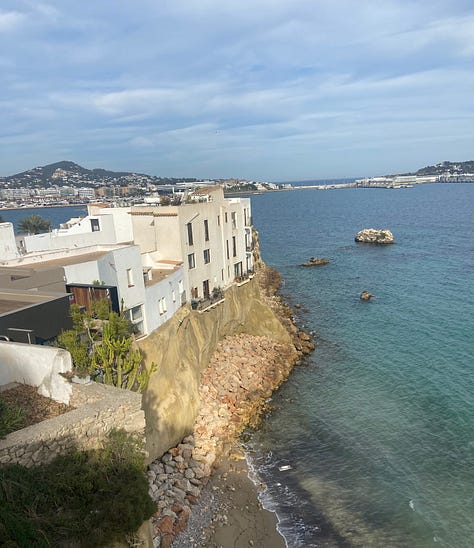
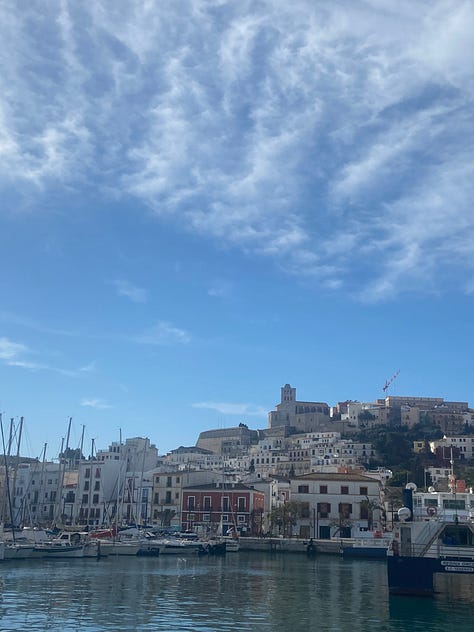

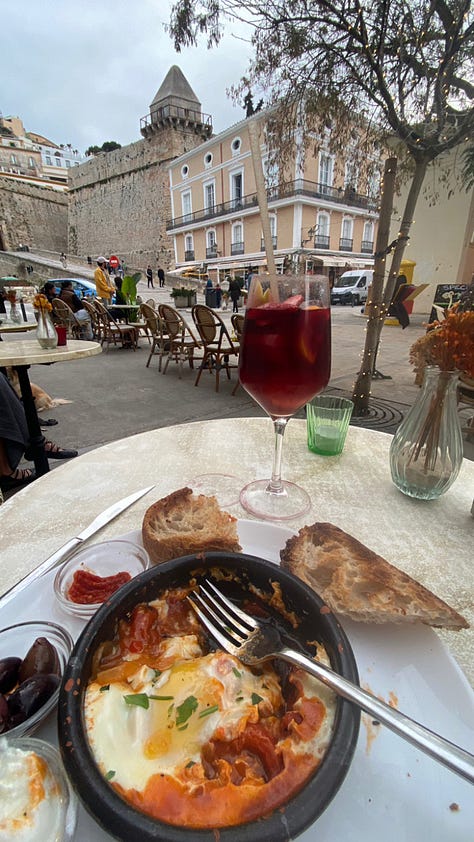

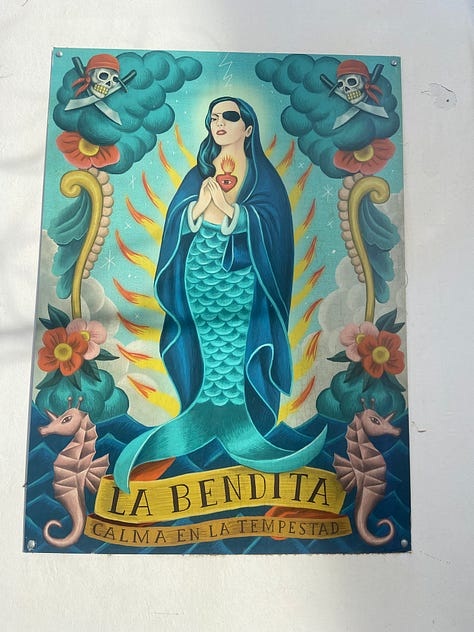
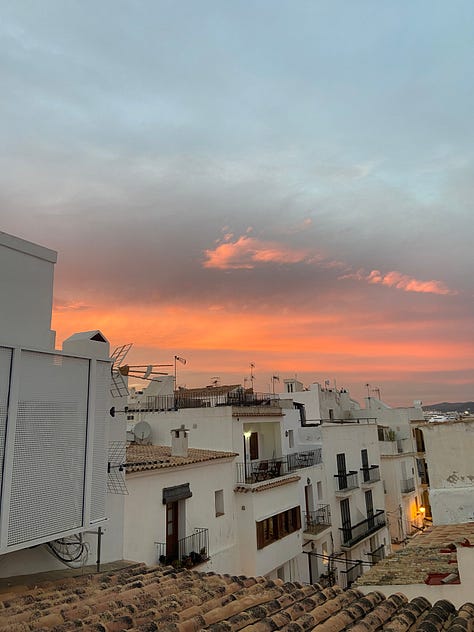

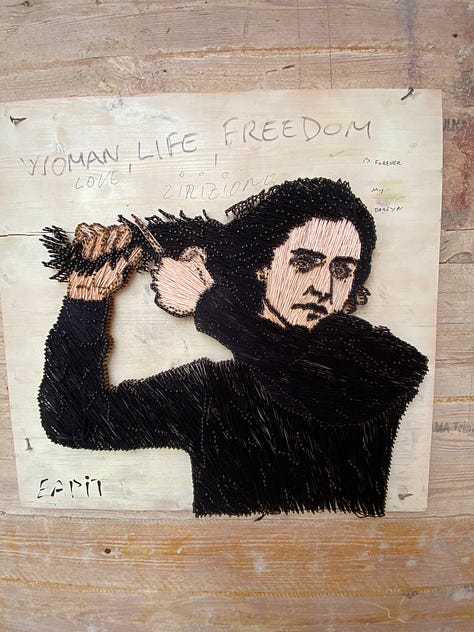
Things that inspire me
I can’t get the movie Tar (with Cate Blanchett) out of my mind. What a searing deep dive into creativity, power and gender. How far would you go for your work? Just how dedicated are you? I recently read that the final scene might be imaginary — what do you think?? This new take on it rocked my understanding of the film.
Want a laugh? If you can stomach cursing, general weirdness and a profoundly unsettling final twist, check out the British miniseries “Am I Being Unreasonable;” here’s the Hulu trailer. Unexpected, refreshing, thought-provoking.
Writing Tip
When you’re cutting down a manuscript, have some fun with it: use track changes and tell yourself you can always go back and reject your edits if you have a change of heart. Make it a game.
Ask yourself: where, within a sentence, a scene, a chapter, are you saying the same thing twice? With my passage above, there was just too much, well, looking. (Where the character does or doesn’t look indicates a high degree of self-consciousness and unease, but a hint of that suffices.)
Does that extra adjective or line of dialogue add something meaningful to the text?
Does the scene have some internal momentum, as well as adding color or background?
Try reading your work aloud. If you feel embarrassed by your wordiness, guess what? Snip, snip!


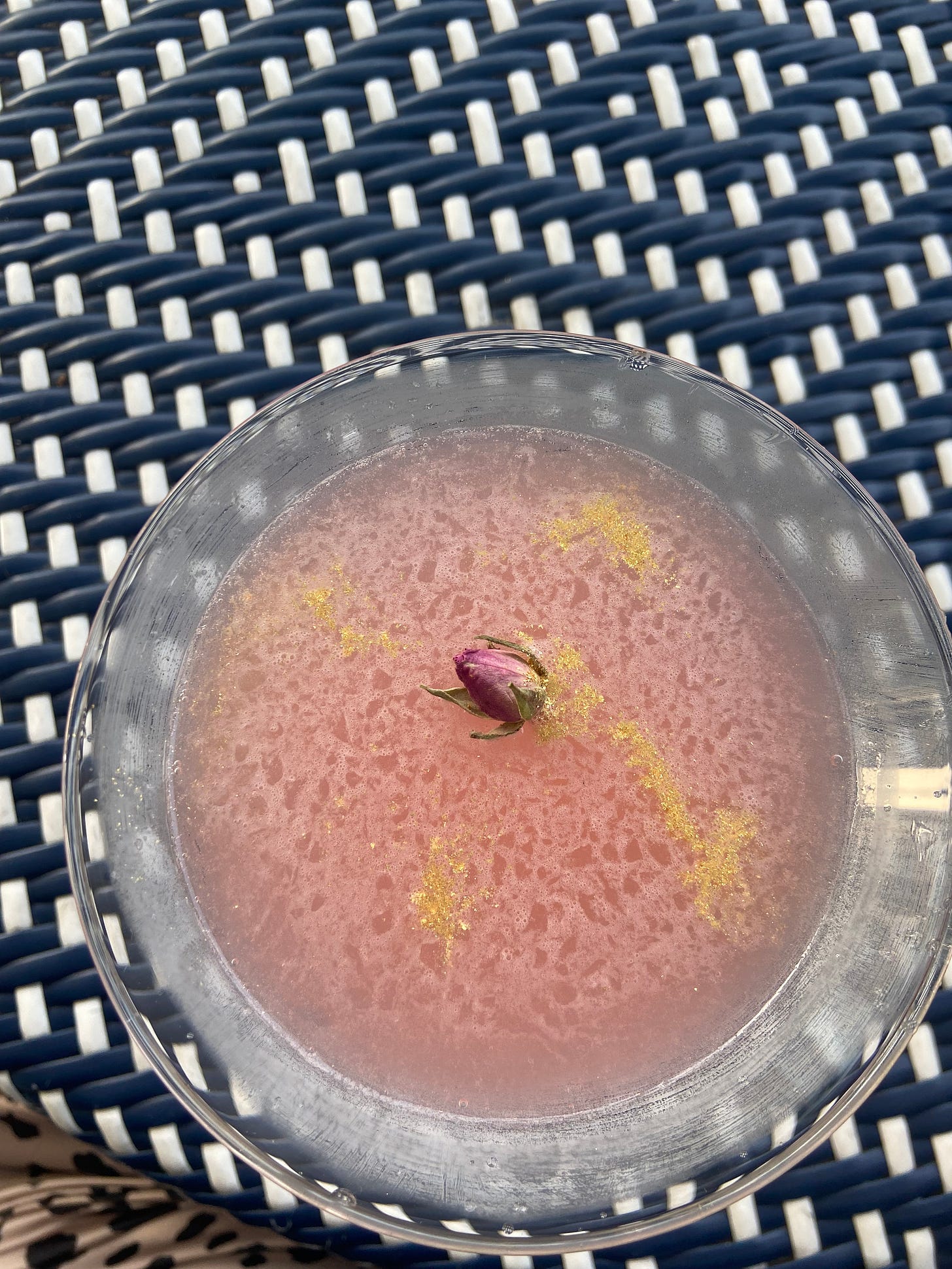

Love the way you weave in advice, motivation, and recommendations!
As always, so refreshing to read your newsletter. Loved your take on editing and will watch Tàr a second time, keeping this take on the ending in mind.